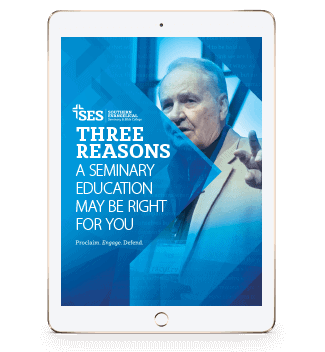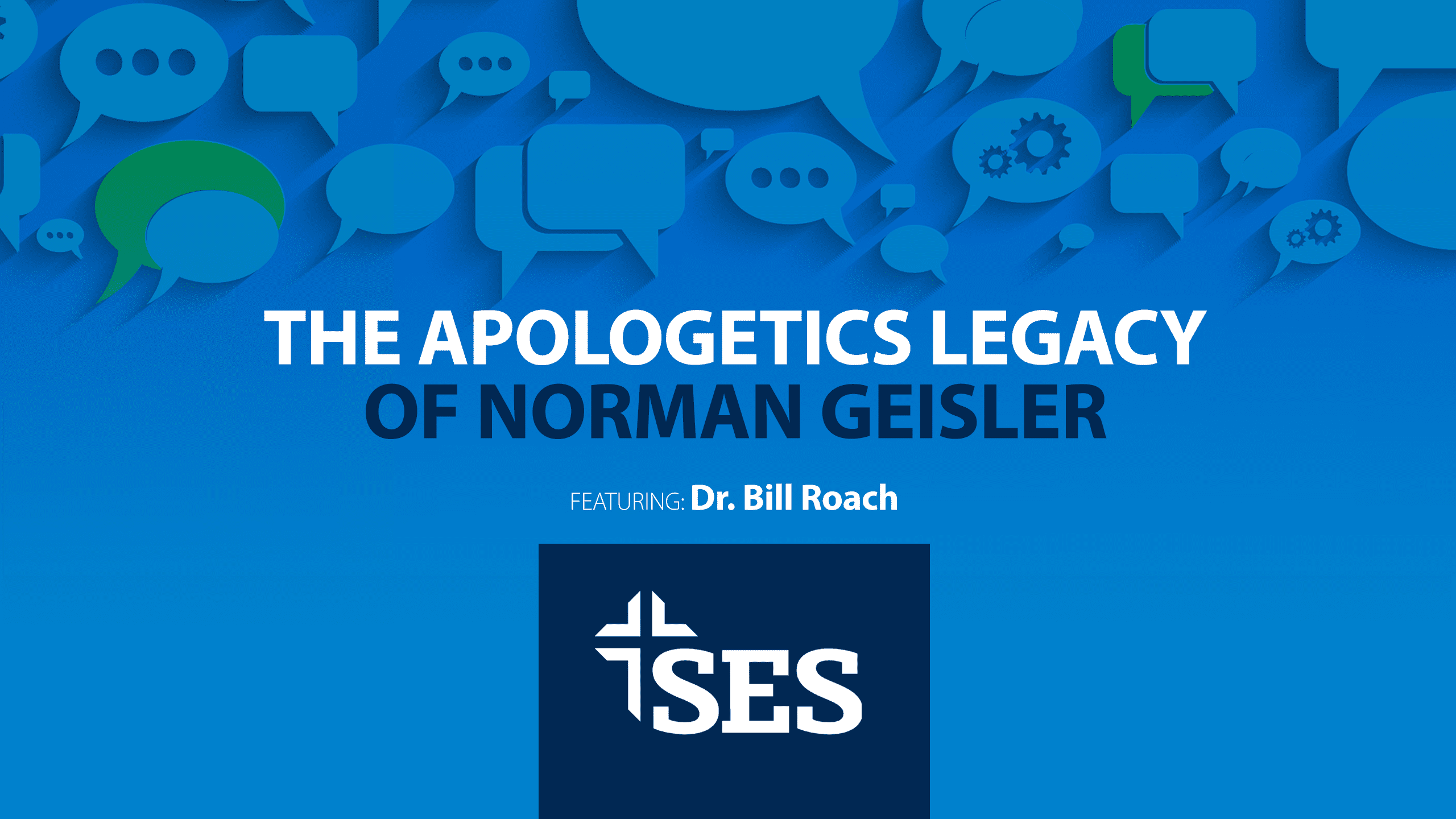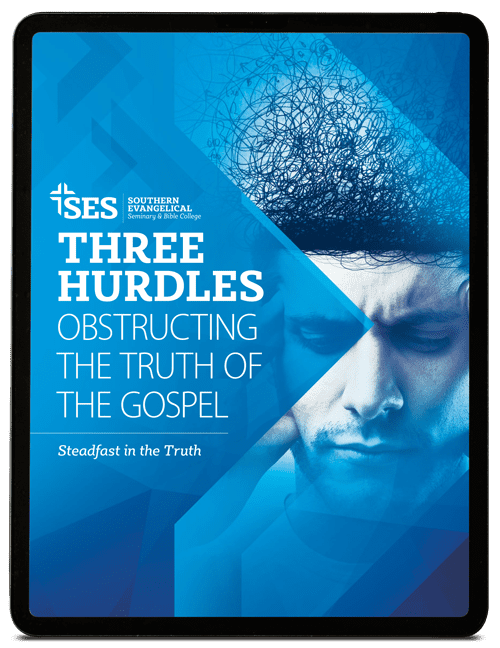SES co-founder, Dr. Norman Geisler, is essentially the grandfather of the revitalization of classical apologetics. In this episode we discuss his legacy with SES alum, and long-time associate of Dr. Geisler, Dr. William (Bill) Roach. He is the author of the new book Defending Evangelicalism: The Apologetics of Norman L. Geisler.
Norman Geisler equipped evangelicalism in myriad ways, with many of those ways falling under three broad categories.
The Battle for Truth
Philosophically, Geisler was a Thomist. Thomism emphasizes a robust metaphysical framework as the foundation from which other inquiry springs.
According to Thomistic metaphysics — the branch of philosophy that studies first principles of things, including abstract concepts such as being — a being has a specific “nature” or “essence.” For example, all dogs have a dog nature. So, when one meets a dog, there is continuity between this dog and the other dogs one has encountered through this mutual dog nature. These natures are fixed, which enables us to draw a true induction from a small set of things.
Without grounding in metaphysics, philosophy flounders with these tools missing from the philosophical toolbox. This frequently leads to the co-opting of other tools to do the work that a proper metaphysic should be doing. In other words, many contemporary philosophies create their own problems because they lack metaphysical foundation for the understanding they are attempting in any given subject.
Geisler showed us that “truth about reality is knowable,” and this understanding grounds not only our philosophy, but also our doctrines.
The Battle for God
The implications of Thomism extend far beyond the foundational gift that truth about reality is knowable. Though the Westminster Confession holds that God is not composed of parts nor passions, evangelicalism and evangelical philosophy in general are increasingly exchanging the classical attributes of God for attributes that reduce Him to a glorified version of created man. Geisler was a champion of God’s eternality, simplicity, and immutability.
The Battle for the Bible
“Has God really said…?” (Gen. 3:1) The context may change, but the question is as old as the Garden. Whether it was tradition, rationalism, historical criticism, or another challenge to the infallibility, inspiration, and inerrancy of Scripture, Geisler was there to push back. He defended a high view of Scripture — of meaningful propositions free from error — from attacks from outside and within Christianity.
Don’t miss the full interview with Dr. Bill Roach, and make sure to pick up a copy of Defending Evangelicalism: the Apologetics of Norman Geisler. And if you’re ready to examine your faith intellectually and give reasons for your hope in Christ, consider SES by downloading our free e-book at the link below.

Download Your FREE eBook!
- Reading Books and Listening to Talks is Not Enough
- Not All Apologetics Methods Are Created Equally
- A Degree is More Than a Piece of Paper






